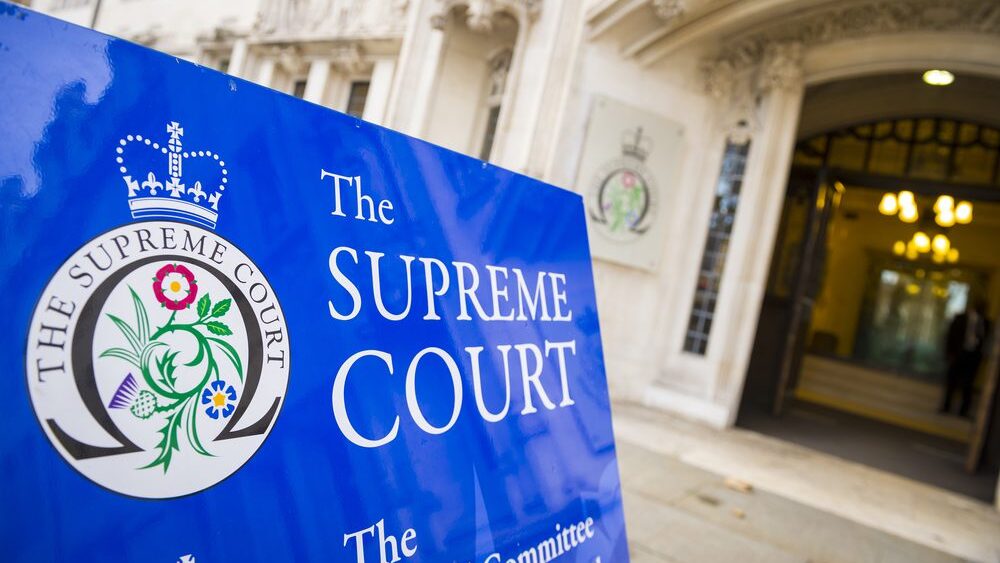
Photo09lazyllama / Shutterstock.com
On Monday, October 9th, the UK’s top court started hearing the government’s appeal to allow it to deport illegal migrants to Rwanda, a measure aimed at discouraging illegal immigration.
The hearing, before five judges, is also to be attended by various lawyers representing migrants from Syria, Iraq, Iran, Vietnam, and Sudan and is scheduled to last three days, with a final ruling expected in several weeks.
The UK’s Conservative government has made the fight against illegal immigration a priority—though some would argue to the contrary—and has pledged to stop migrant boats crossing the English Channel.
The expulsion of migrants to Rwanda, a country with which London entered into an agreement in April 2022, is presented by the government as a crucial measure to reach this goal, but the scheme has been obstructed by various courts since then.
In mid-2022, the first flight was canceled following a ruling by the European Court of Human Rights (ECHR).
At the end of June 2023, the Court of Appeal, The UK’s second most senior court, ruled by a two-thirds majority that Rwanda could not be considered a safe third country, as its asylum system had many problems.
The court argued that there was a risk (though the one dissenting judge said the risk was not realistic), that people sent to Rwanda could be returned to their countries of origin where they might face persecution and other inhumane treatment.
For this reason, it deemed the scheme illegal under the UK’s Human Rights Act (HRA), which made the European Convention on Human Rights (ECHR) part of British law.
Seemingly undeterred, the government, repeating that Rwanda was indeed safe, then appealed to the Supreme Court to overturn the Court of Appeal’s ruling.
That judicial body’s decision will be eagerly awaited by Prime Minister Rishi Sunak’s government.
Should the Supreme Court find itself in agreement with the government, ministers have indicated that deportation flights to Rwanda could happen as early as the start of 2024.
Under the UK’s new Illegal Migration Act, migrants chosen for deportation would be detained for up to 28 days, during which time they will be able to appeal only on the basis that they would be placed at “real and imminent risk of serious and irreversible harm” in the country to which they are deported.
Ministers believe they have put sufficient safeguards in place to thwart another injunction by the European Court of Human Rights (ECHR).
Should Sunak’s government lose its case, some of his Cabinet ministers are considering opting out of the European Convention on Human Rights (ECHR) on matters of immigration as a way to implement the scheme—a measure that has increasingly garnered support.
It is estimated that between one-quarter and one-third of the Cabinet support such a withdrawal, although it has a downside in that it could fracture an already divided party.
In addition, this course of action would likely require emergency legislation to push it through before the next general election, due to be held no later than December 2024.
If recent opinion polls are to be trusted, the Conservatives are trailing the opposition Labour Party by about 20 points.
